
Campaigns
Angling Trust welcomes Labour’s commitment on access policy
The Angling Trust has given a warm welcome to the confirmation from the new Shadow DEFRA team that an incoming Labour Government would not be introducing a ‘Scottish style right to roam’ law allowing unlimited and unregulated access to England’s waterways.
Instead, they are committed to improving access to nature through voluntary access arrangements and collectively working with farmers and riparian owners. Labour will be bringing more detailed proposals forward in a White Paper to which the Angling Trust will be making submissions.
For many years anglers have had their sport disrupted by canoeists and others trespassing on smaller rivers and streams where there is no public right of navigation. Sadly, these deliberate acts of trespass are increasing and have been encouraged by British Canoeing. They have led to unnecessary conflicts on the riverbank and the disturbance of birds, wildlife and fish spawning grounds.
Angling on rivers is subject to a statutory close season to protect spawning fish, a rod licence and a series of specific by-laws limiting fishing methods. Angling clubs and fisheries also avoid maintenance work on on their waters during the bird nesting period. The concept of 365 days unlimited access to sensitive river catchments would run counter to long established fishery and conservation practices and would be extremely destructive and damaging. However, anglers accept that more can be done to improve river access through the introduction of voluntary access agreements which would allow canoeing on suitable waters at appropriate times – often in high water conditions and outside of sensitive periods.
Angling Trust Head of Policy Martin Salter said:
“We have been in touch with Labour’s Shadow DEFRA team to warn of the conflict that would be caused by riding roughshod over the rights of Britain’s two million anglers who have nurtured and cared for our rivers and who are in the forefront of the battle against sewage and agricultural pollution. We welcome Labour’s commitment to the type of voluntary access arrangements championed by the Angling Trust but sadly rejected by the more militant canoeists, even where they have been proved to work well.”
In defence of its policy of organised trespass, British Canoeing has continued to claim that there is a “Public Right of Navigation on all navigable rivers” which is simply not supported by the facts or the law. Counsel’s opinion provided to the Angling Trust and Fish Legal by David Hart K.C. made it clear that “It is settled law that there is no general public right of navigation on non-tidal rivers in England and Wales. Where navigation is allowed this is through Acts of Parliament (and other instruments) that are specific to a river or section of a river, or other water body. If there were a general right of navigation these Acts would not need to exist.”
Stuart Singleton-White, Head of Campaigns at the Angling Trust added:
“Inevitably, some activities such as fishing and bird watching, which require stealth and quiet, are not always compatible with other activities on the water. To improve access for all water users the Angling Trust supports the drawing up of Voluntary Access Agreements (VAAs) between local riparian owners, wildlife groups, angling clubs, local paddlers, and outdoor centres in a collaborative manner as the most effective way to manage and enforce shared use.The one-size-fits-all approach of open and unlimited access is a recipe for conflict and we are pleased that Labour appears to accept this and look forward to helping them develop their access policies.”
You might also like

We Fish as One supports Pride Month 2025

Sunglasses giant backs Angling Trust
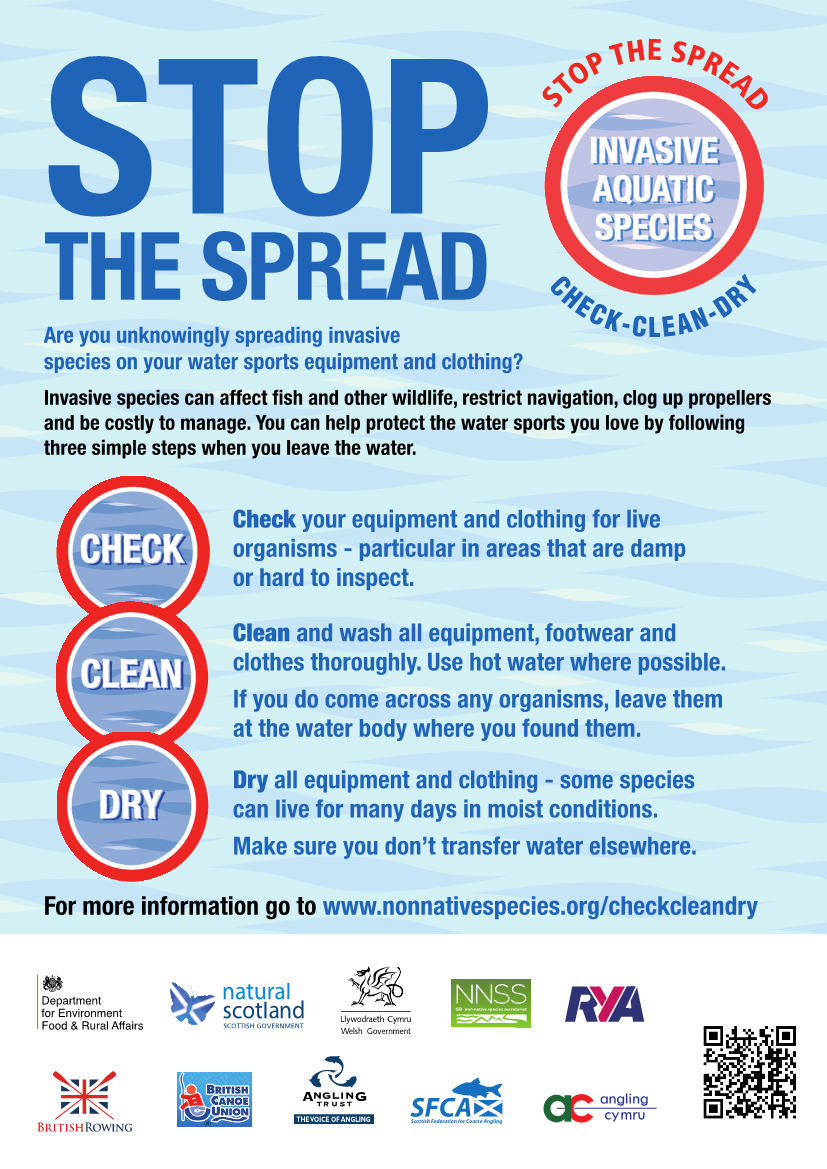
Join in with the Check, Clean, Dry campaign this…

From TikTok to the classroom – Orchard School follows…
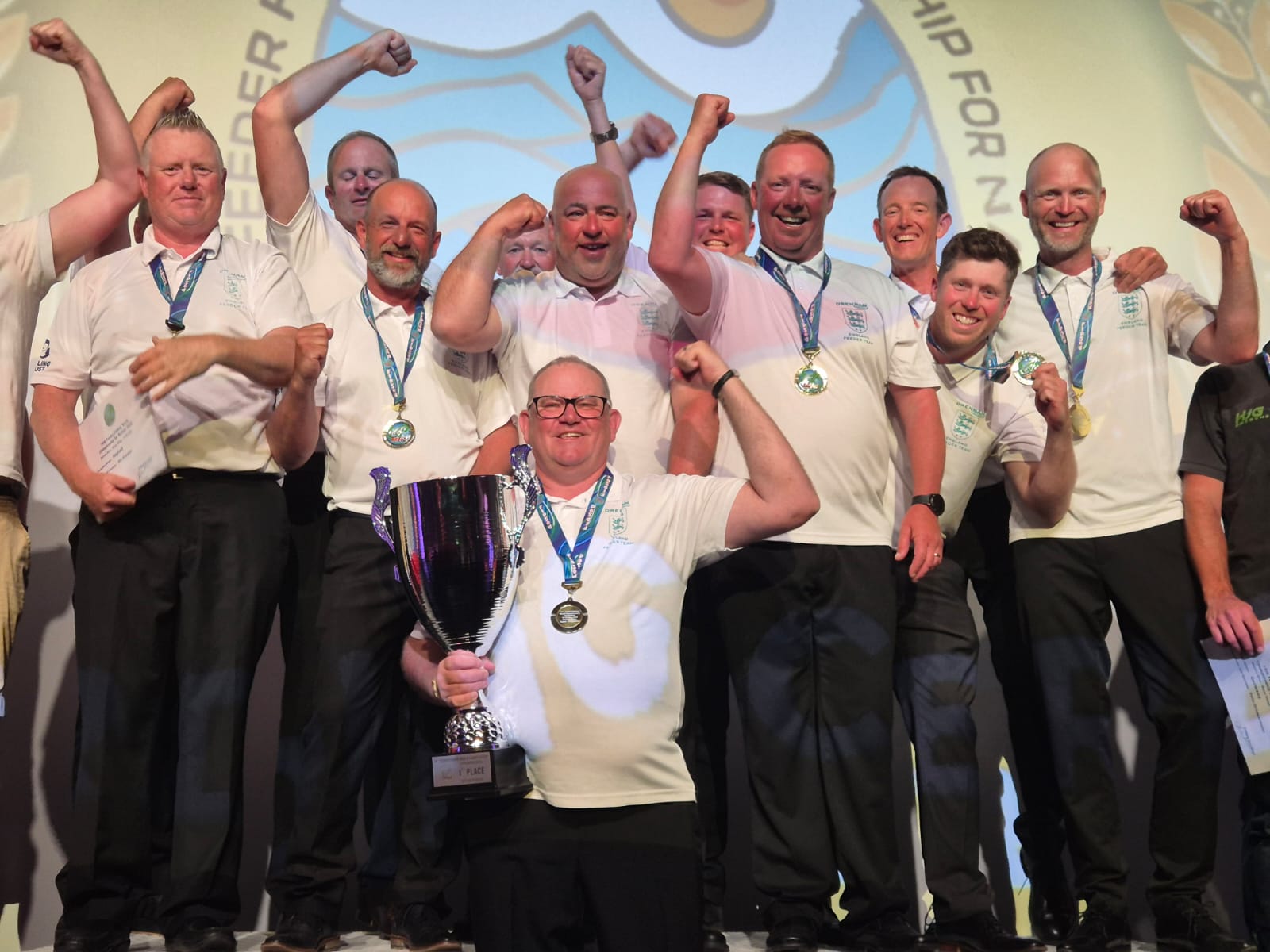
DRENNAN ENGLAND FEEDER TEAM WIN WORLD CHAMPS!

Family fishing at Aston Park Fisheries where have a…

FOURTEEN SIDES ALREADY THROUGH TO SUPERCUP ROUND 2!
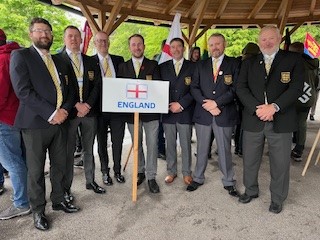
SIXTH FOR ENGLAND AT FLY WORLD CHAMPS

Much needed new European Management Plan for Cormorants moves…
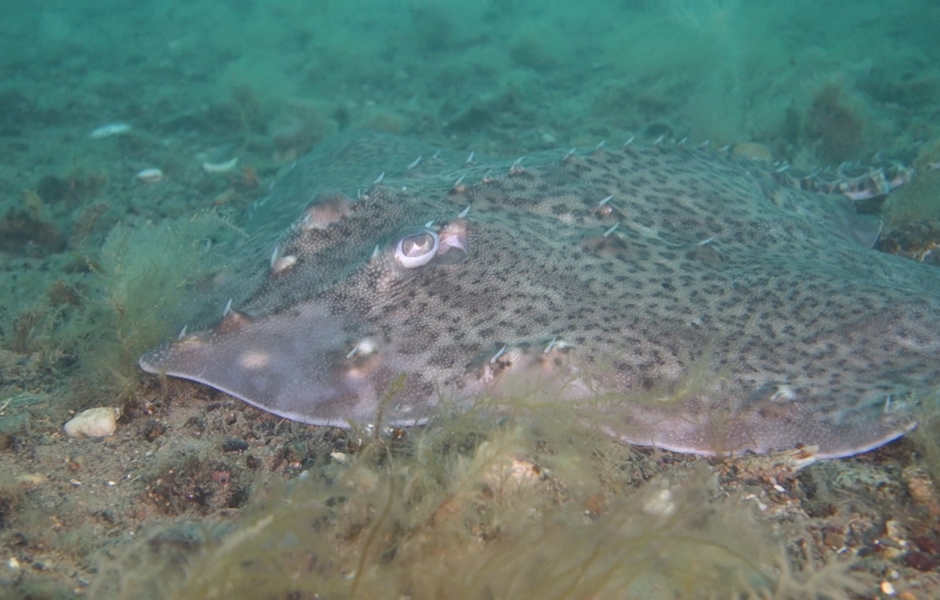
A Turning Tide: Why Ending Bottom Trawling in MPAs…
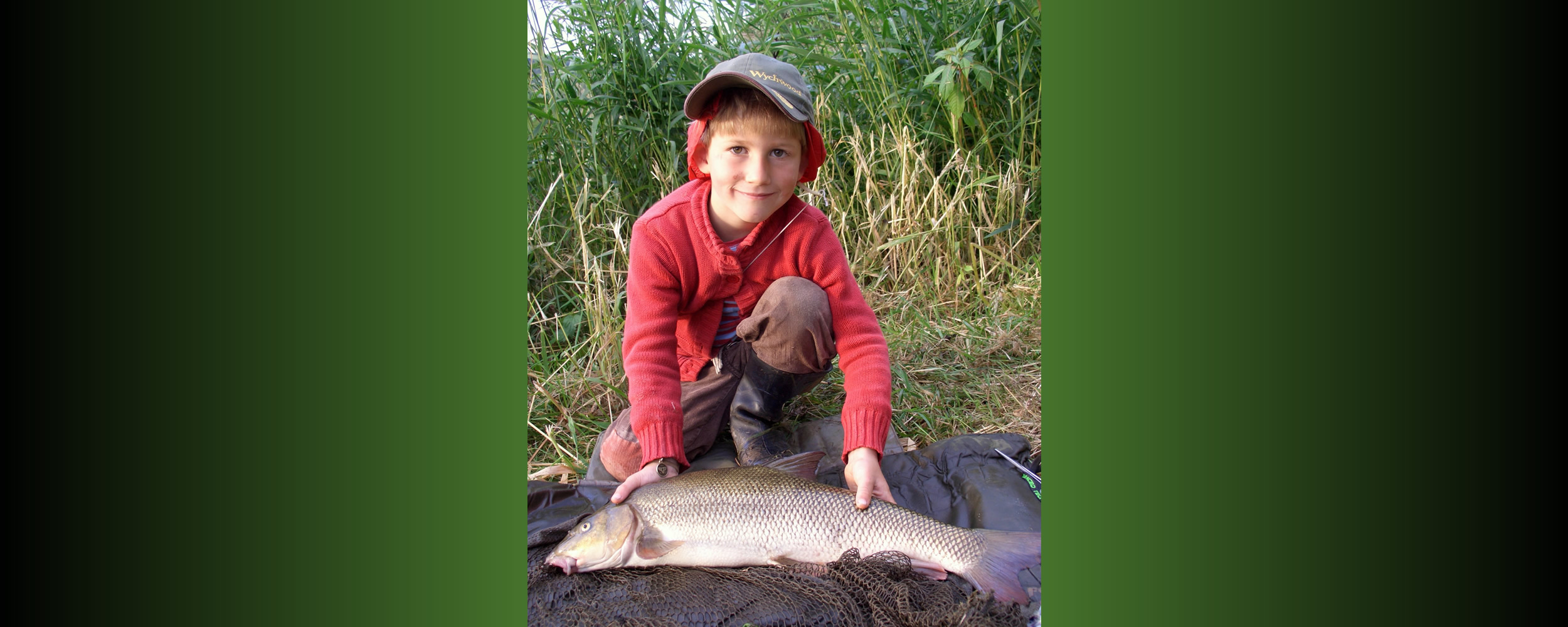
How to start river fishing – beginner’s guide for…

Everybody Can Fish – get into fishing and learn…

We Fish as One supports Pride Month 2025

Sunglasses giant backs Angling Trust

Join in with the Check, Clean, Dry campaign this…

From TikTok to the classroom – Orchard School follows…

DRENNAN ENGLAND FEEDER TEAM WIN WORLD CHAMPS!

Family fishing at Aston Park Fisheries where have a…

FOURTEEN SIDES ALREADY THROUGH TO SUPERCUP ROUND 2!

SIXTH FOR ENGLAND AT FLY WORLD CHAMPS

Much needed new European Management Plan for Cormorants moves…

A Turning Tide: Why Ending Bottom Trawling in MPAs…

How to start river fishing – beginner’s guide for…

Everybody Can Fish – get into fishing and learn…

We Fish as One supports Pride Month 2025

Sunglasses giant backs Angling Trust

Join in with the Check, Clean, Dry campaign this…

From TikTok to the classroom – Orchard School follows…

DRENNAN ENGLAND FEEDER TEAM WIN WORLD CHAMPS!

Family fishing at Aston Park Fisheries where have a…

FOURTEEN SIDES ALREADY THROUGH TO SUPERCUP ROUND 2!

SIXTH FOR ENGLAND AT FLY WORLD CHAMPS

Much needed new European Management Plan for Cormorants moves…

A Turning Tide: Why Ending Bottom Trawling in MPAs…

How to start river fishing – beginner’s guide for…









